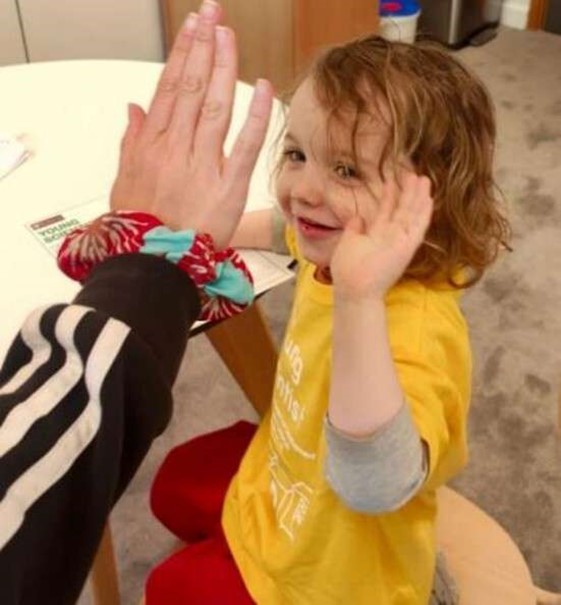
Autism Spectrum Condition (ASC) is very diverse in terms of clinical and neurobiological aspects, making it important to categorize based on biological factors. However, one challenge is that we don’t have a strong scientific foundation to group individuals with similar characteristics accurately. One potential approach is to focus on how individuals with autism react to sensory stimuli. Many autistic children show significant differences in how they react to sensory input, with around 70-90% being either overly responsive or less responsive. In the DSM-5, sensory issues are now recognized as a key symptom of ASC. Touch, for example, is well-understood in terms of its neurobiology, relying on a balance of excitation and inhibition in the brain. There’s clinical evidence suggesting that tactile (touch-related) issues manifest in individuals with ASC even before the core symptoms are diagnosed. Recent research also indicates that difficulties in processing touch can affect both the core social symptoms and other related problems like anxiety in ASC. While various levels of research have gained attention, there’s a lack of studies connecting the biological mechanisms of touch to the core and associated symptoms of autism. Our research aims to measure how individuals respond physiologically to touch using EEG and other measures, understand their tactile perception, and assess their reactions to touch. Additionally, we’ll evaluate the severity of core and associated autism symptoms and anxiety using standard methods.
What is it like to take part in the study?
For more information, or to find out how to take part,
please contact Zelal Gulbahce (z.gulbahce@reading.ac.uk)
The study principal is Dr Teresa Tavassoli (t.tavassoli@reading.ac.uk)


